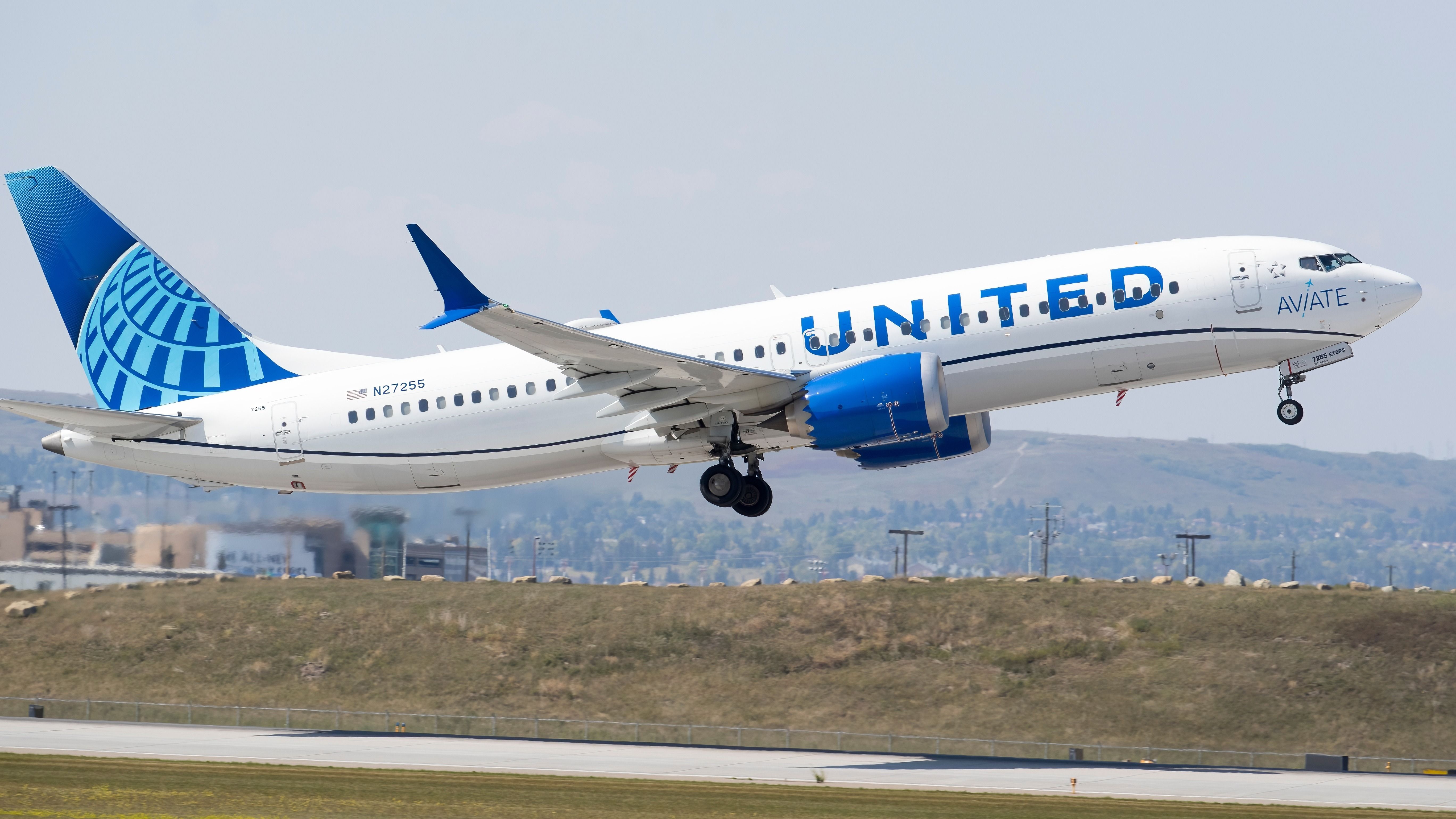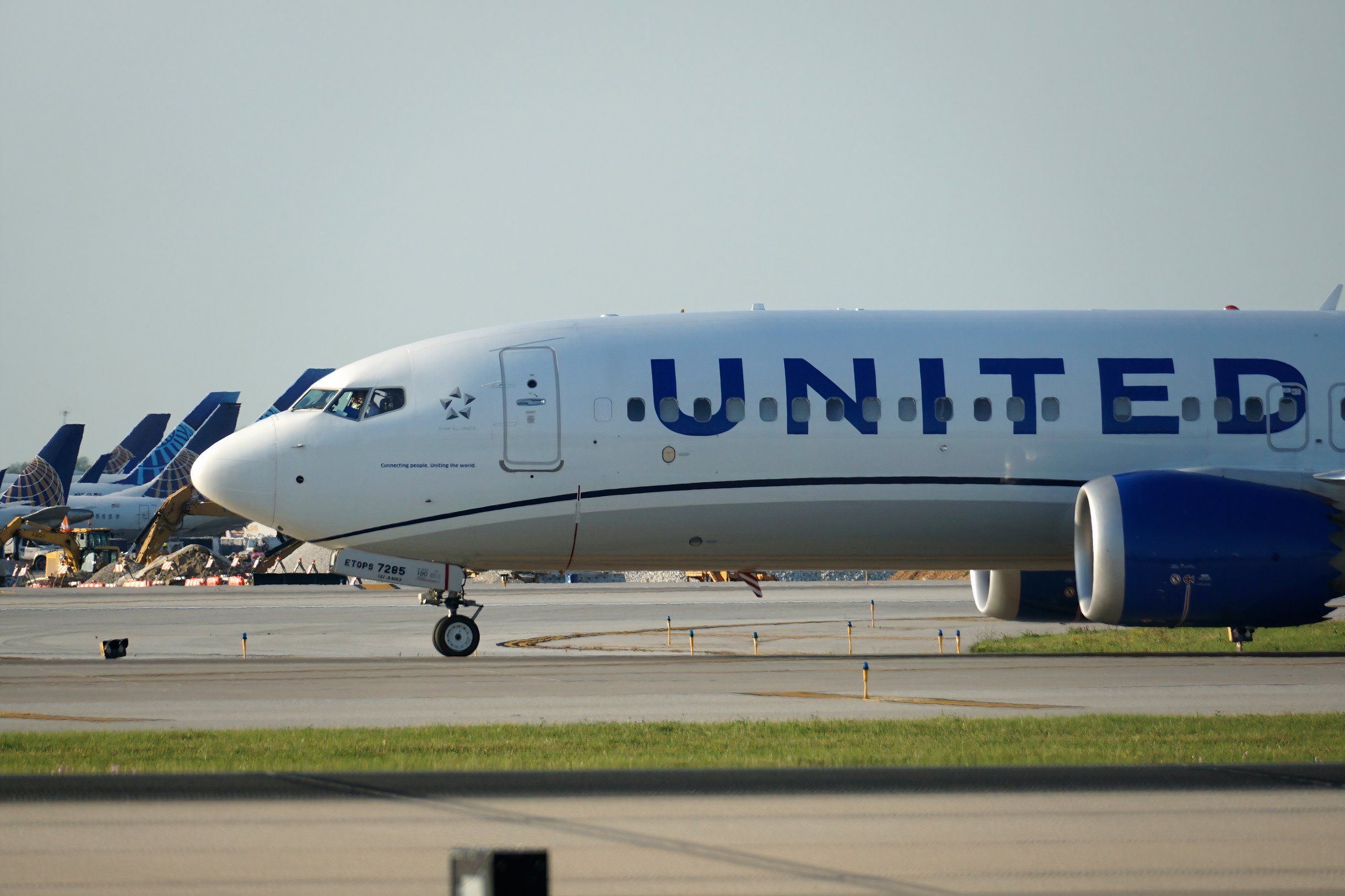United Airlines & NOAA To Monitor Greenhouse Gas Emissions With Boeing 737
Hat tip, Airliners.net
United Airlines & NOAA To Monitor Greenhouse Gas Emissions With Boeing 737
By Gaurav Joshi
Published 7 hours ago

United Airlines Boeing 737 MAX 8 Photo: Welshboy2020 | Shutterstock
SUMMARY
• United Airlines partners with NOAA to measure greenhouse gases by equipping a Boeing 737 aircraft with a measuring instrument.
• The cost-effective method of monitoring atmospheric pollutants using commercial aircraft will greatly benefit US scientists.
• United Airlines' collaboration with NOAA aligns with the carrier's goal of reducing greenhouse gases and contributing to a safer environment.
United Airlines and the National Oceanic and Atmospheric Administration have come together to measure atmospheric pollutants and greenhouse gases by equipping one of the carrier’s Boeing 737 planes with an instrument. This will not only reduce the cost for the US government for such projects but also help scientists measure greenhouse gas emissions more accurately in the US.
United Airlines partners with NOAA
The United States Government has come up with an effective way to monitor greenhouse gases in the atmosphere by bringing together United Airlines and the National Oceanic and Atmospheric Administration (NOAA) in a partnership.
The deal includes equipping one of United’s Boeing 737 aircraft with an instrument that measures carbon dioxide, methane, and other greenhouse gases. This will also help scientists better forecast weather.

Photo: MKPhoto12 | Shutterstock
According to Bloomberg, the 100-pound instrument package will be 22 inches long and 18 inches across and will be attached to the fuselage of the 737. The Cooperative Research and Development Agreement (CRADA) was announced at the White House Super Pollutants Summit in Washington D.C. Sarah Kapnick, Ph.D., NOAA’s chief scientist, said,
“This collaboration represents a significant leap forward in U.S. efforts to monitor and mitigate greenhouse gas emissions. If we can harness the capabilities of commercial aircraft we will be poised to make rapid advancements in the understanding of greenhouse gas emissions that can inform policies.”
{snip}

